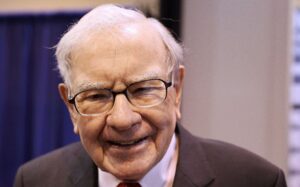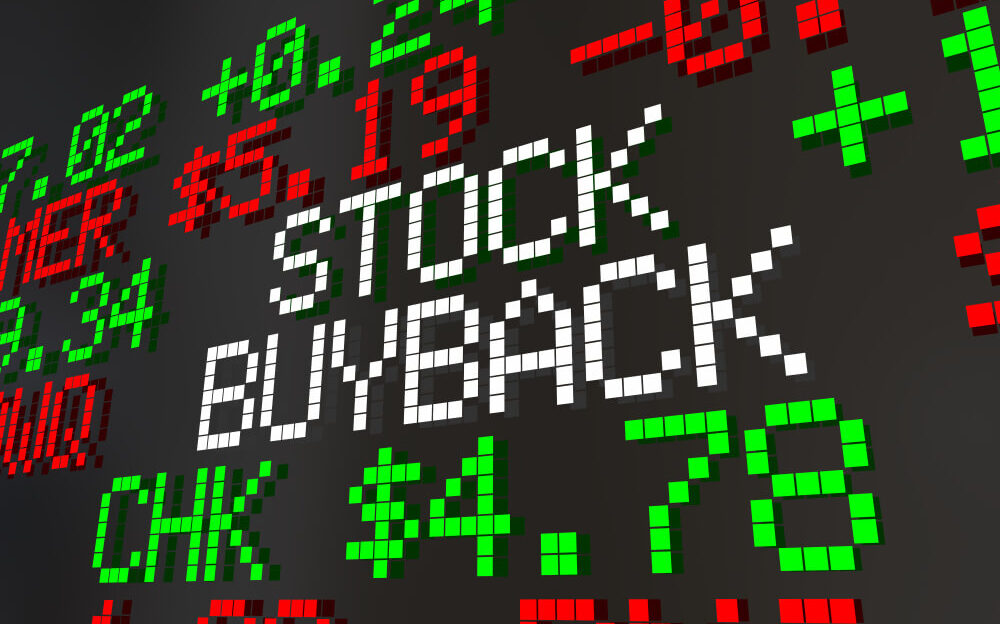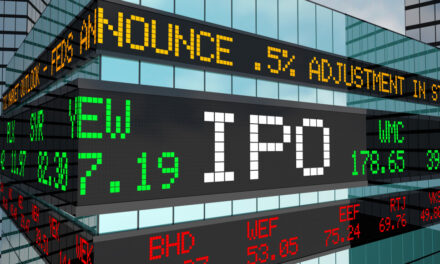Michael Gayed, CFA, brought up an interesting point this week about share buybacks.
YTD buy-backs have not created value for shareholders. Companies that have bought back at least 5% of outstanding shares in the last 12 months ($PKW) have underperformed $SPX and are down almost 9% #stocks #markets #economy #investing #financialservices pic.twitter.com/DSywyLmaAF
— Michael A. Gayed, CFA (@leadlagreport) September 9, 2020
The performance of the Invesco BuyBack Achievers ETF (NYSE: PKW) — which is an exchange-traded fund comprised of stocks that have repurchased at least 5% of their shares over the past 12 months — have dramatically underperformed the S&P 500 this year.
While the S&P 500 was up about 6% for the year at the time of the tweet, PKW was down nearly 9%.
Before we get overly philosophical about why buybacks aren’t the panacea they’re made out to be, there is a far more immediate, tangible reason for the lack of performance this year. PKW has invested 31% of its portfolio in financials. Only 13% of the S&P 500 is invested in the sector.
Financials as a sector are still down over 20% for the year. So the carnage in this corner of the market is dragging down the buyback achievers.
Are All Buybacks Bad?
In a word, no.
A buyback is a legitimate way to boost shareholder returns if done correctly.

Warren Buffett has developed an effective stock buyback strategy for his company, Berkshire Hathaway.
As an example, Warren Buffett buys back shares of his company, Berkshire Hathaway (NYSE: BRK.B), when he thinks the share price is below the company’s “intrinsic value.” In other words: Buffett buys his own shares when he thinks they are cheap.
If Berkshire’s shares are cheaper by Buffett’s criteria than any of the potential stocks he would look to buy, then it makes sense to use Berkshire’s gargantuan cash hoard to buy back its own shares.
It comes down to that marginal dollar.
If it will earn a higher profit invested in a new growth project, then that’s where it should go. But if the expected return is less than the expected return of the company’s own stock, then the dollar should go to buybacks. Money goes where it is treated best.
Another nice aspect of buybacks is that they can be more tactical than dividends.
When a company declares a dividend, it’s making a commitment to keep payouts at that level for the rest of time. No company ever wants to cut its dividend. Doing so alienates shareholders and signals that trouble is brewing.
The beauty of buybacks is that investors don’t expect them to be regular. A company can snap up shares when they are cheap. Or maybe there is more cash on hand than usual and nothing to spend it on.
When money gets tighter, or when better uses of cash come available, a company can turn off buybacks and avoid the negative connotations of cutting dividends.
How to Spot a Good One
Most companies aren’t disciplined.
Rather than buy low and sell high, they do the exact opposite. They ramp up buybacks at the top of the economic cycle, when their shares are expensive. And then they eliminate the buybacks when the economy hits the skids and the shares are cheap. In some cases, companies have to reverse buybacks and issue new shares … at crisis prices that dilute shareholders and destroy value.
As a case in point, let’s look at American Airlines Group Inc. (NYSE: AAL).
Between 2014 and the onset of the COVID-19 crisis, American bought back about $12 billion in shares. But the company never generated the free cash flow to sustain buybacks at those levels. So it ended up borrowing a good chunk of the money. American’s long-term debt and capital lease obligations ballooned by about $13 billion between 2014 and 2019.
Many companies, particularly in cyclical sectors, have no business ever doing buybacks. Their business models are too unpredictable.
But let’s not throw out the baby with the bathwater.
If a company has a stable business model, and has excess cash on hand, there’s nothing wrong with a timely buyback at the right price.
Just be sure to steer clear of companies loading up with debt to finance buybacks. This is the sign of a reckless management team more interested in short-term stock-price manipulation than solid, long-term returns.
Money & Markets contributor Charles Sizemore specializes in income and retirement topics. Charles is a regular on The Bull & The Bear podcast. He is also a frequent guest on CNBC, Bloomberg and Fox Business.
Follow Charles on Twitter @CharlesSizemore.





